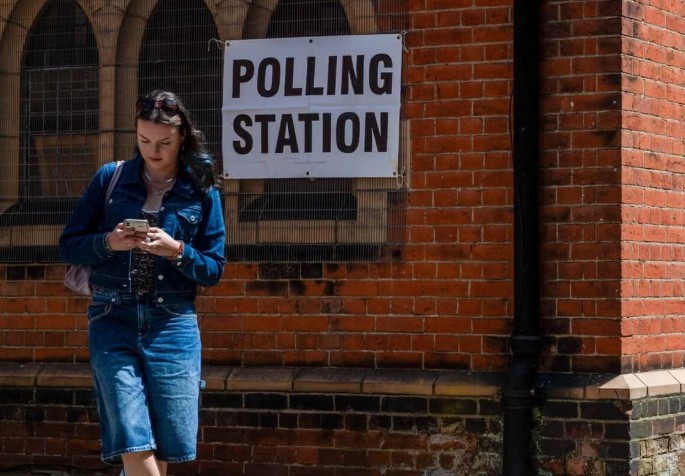In a landmark shift to the UK’s democratic framework, 16 and 17-year-olds will now be allowed to vote in the next general election—a move hailed as the biggest electoral reform in over five decades.
The change, confirmed by the government this week, opens up the ballot box to an additional 9.5 million people, according to figures from the IPPR think tank. That’s a significant leap from the current registered voter base of just over 48 million.
It’s official: the voting age will be lowered for all elections across England, Scotland, Wales, and Northern Ireland—bringing uniformity for the first time. Currently, teens can only vote in Senedd and Holyrood elections in Wales and Scotland, respectively.
The last time the UK changed its voting age was in 1969, when the minimum age was reduced from 21 to 18. This latest development marks a generational shift in civic engagement.
The government believes this expansion of voter eligibility will reinvigorate trust in democratic institutions.
“We are taking action to break down barriers to participation that will ensure more people have the opportunity to engage in UK democracy,” said Deputy Prime Minister Angela Rayner.
“We cannot take our democracy for granted, and by protecting our elections from abuse and boosting participation, we will strengthen the foundations of our society for the future.”
Rayner emphasised that the reform delivers on a Labour manifesto promise and supports the party’s broader Plan for Change.
As part of the broader electoral update, the government will also allow UK-issued bank cards to be used as valid forms of voter ID, alongside digitised versions of existing IDs like driving licences and veteran cards.
A digital Voter Authority Certificate is also in the pipeline, aimed at simplifying the process for electoral officers to verify identification.
However, not everyone is on board. Conservative shadow local government minister Paul Holmes warned the move might “undermine the security of the ballot box”, raising concerns about potential fraud and voter impersonation.
In a strong push for transparency, the government has also pledged to close longstanding loopholes that allowed foreign donors to influence UK politics through shell companies.
Unincorporated associations accepting donations over £500 will now be required to perform due diligence checks, aiming to stem foreign interference.
Additionally, the Electoral Commission will gain stronger enforcement powers, including the ability to impose fines of up to £500,000 on breaches of political finance rules.
Those found guilty of abusing or threatening election campaigners will face stiffer penalties under the updated legislation.
This overhaul reflects growing concerns around voter trust and foreign interference, and it lands just in time for what is shaping up to be a crucial general election.
The inclusion of young voters is being framed not just as a democratic necessity, but as a long-overdue update to a system that hadn’t been touched in over 50 years.
While some critics remain wary of the potential risks, others see it as a bold, forward-facing step to strengthen participation and accountability in modern British politics.






